Podcast 2023.11 Oceanic
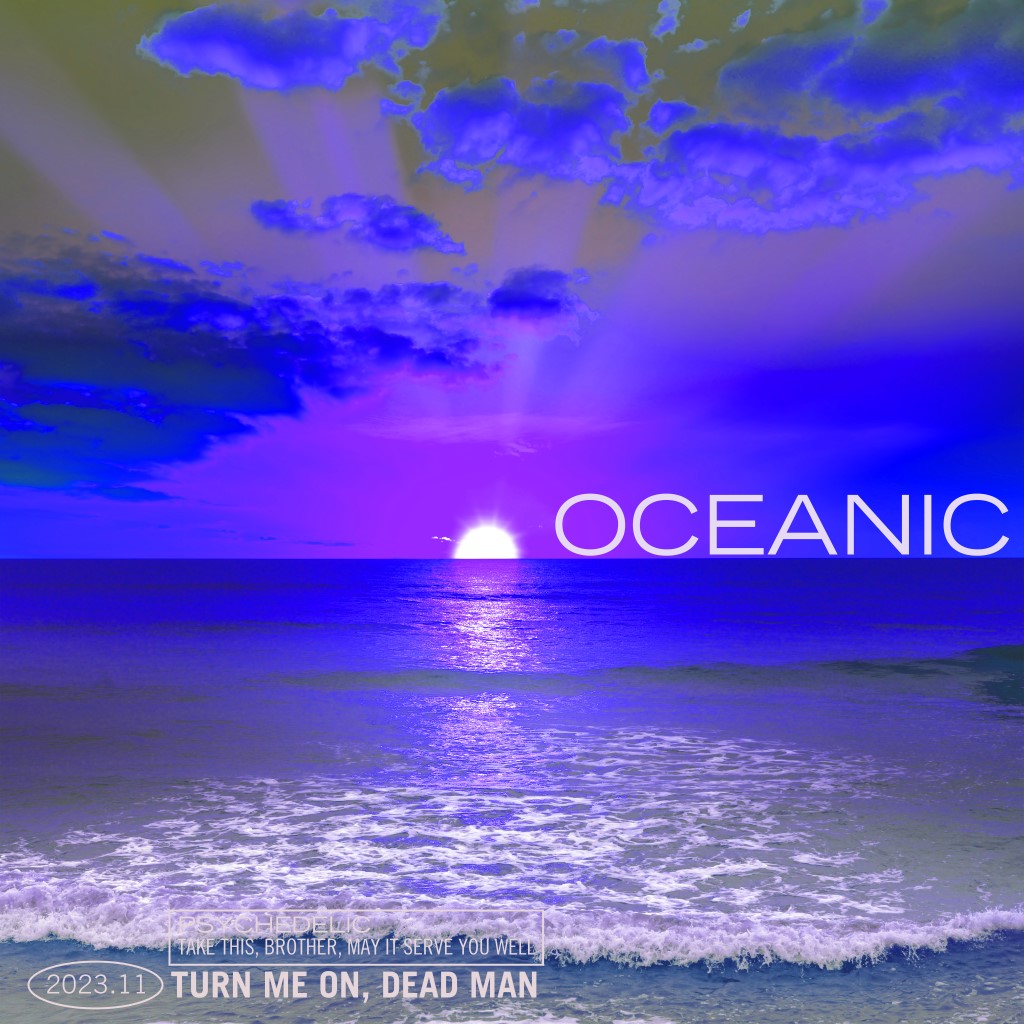
Heavy Psych Sounds and interesting collaborations in this episode of Turn Me On, Dead Man. In the heat of the summer an

Heavy Psych Sounds and interesting collaborations in this episode of Turn Me On, Dead Man. In the heat of the summer an
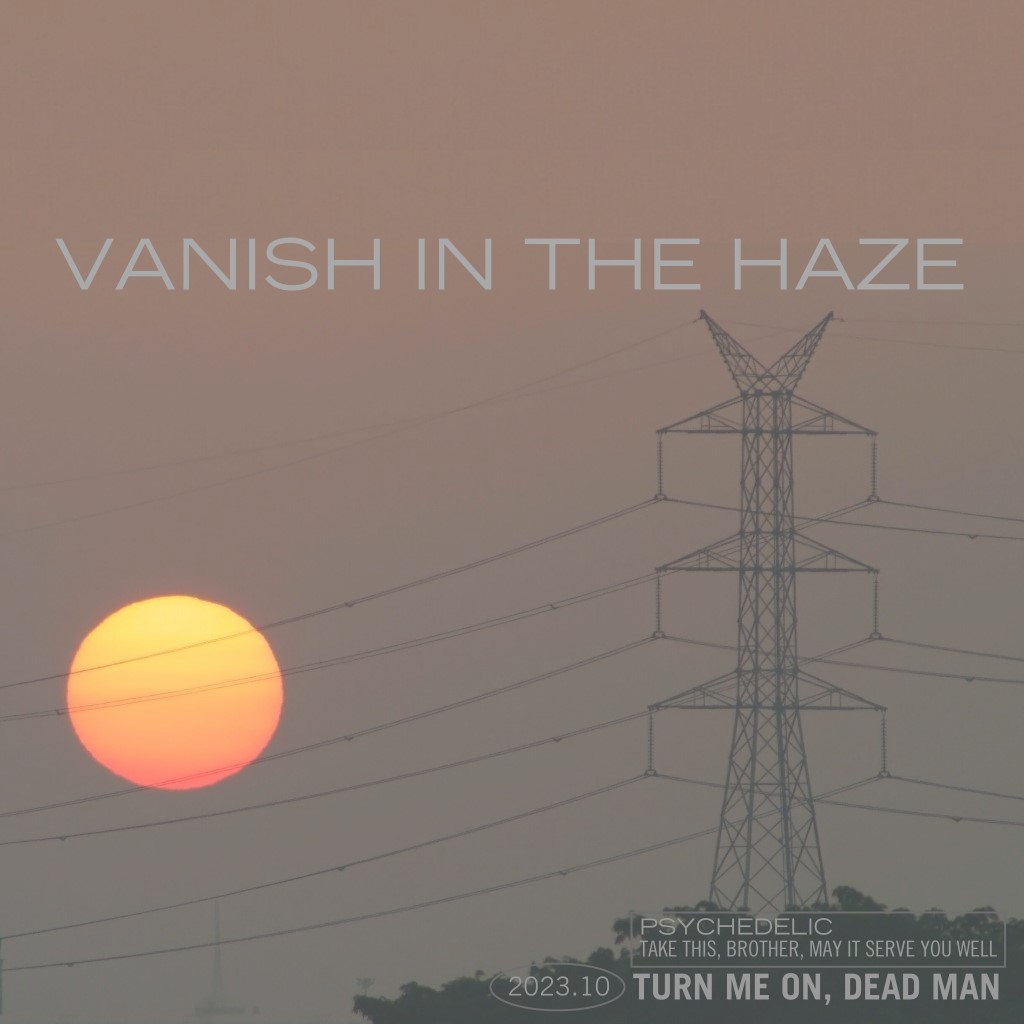
Canada is burning and the smoke from those wildfires has been hovering over many parts of the US. The music in this
B-movie Beat poetry and current psychedelic music in this episode of Turn Me On, Dead Man. Turn Me On, Dead Man 2023
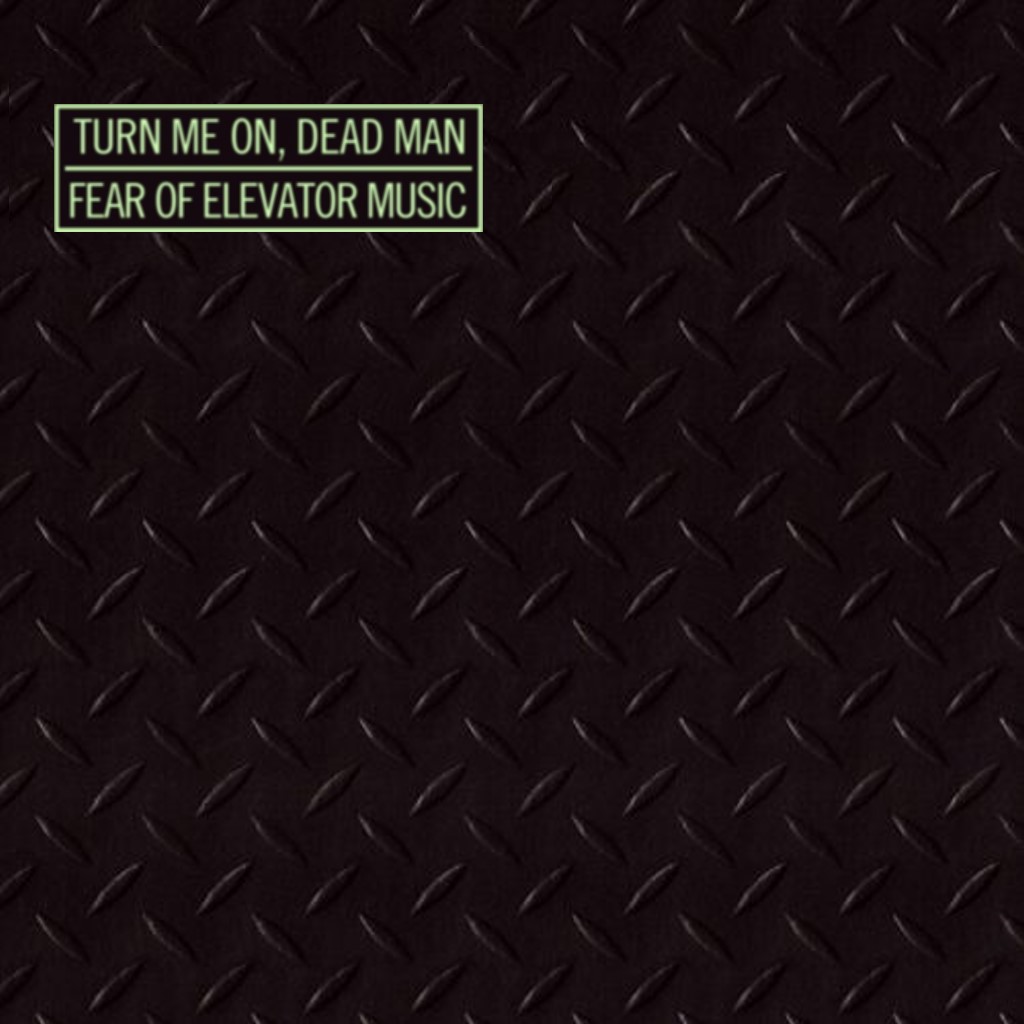
It’s never fun to be in a dental chair. To keep my mind off the unpleasantness (just waiting for my dentist to
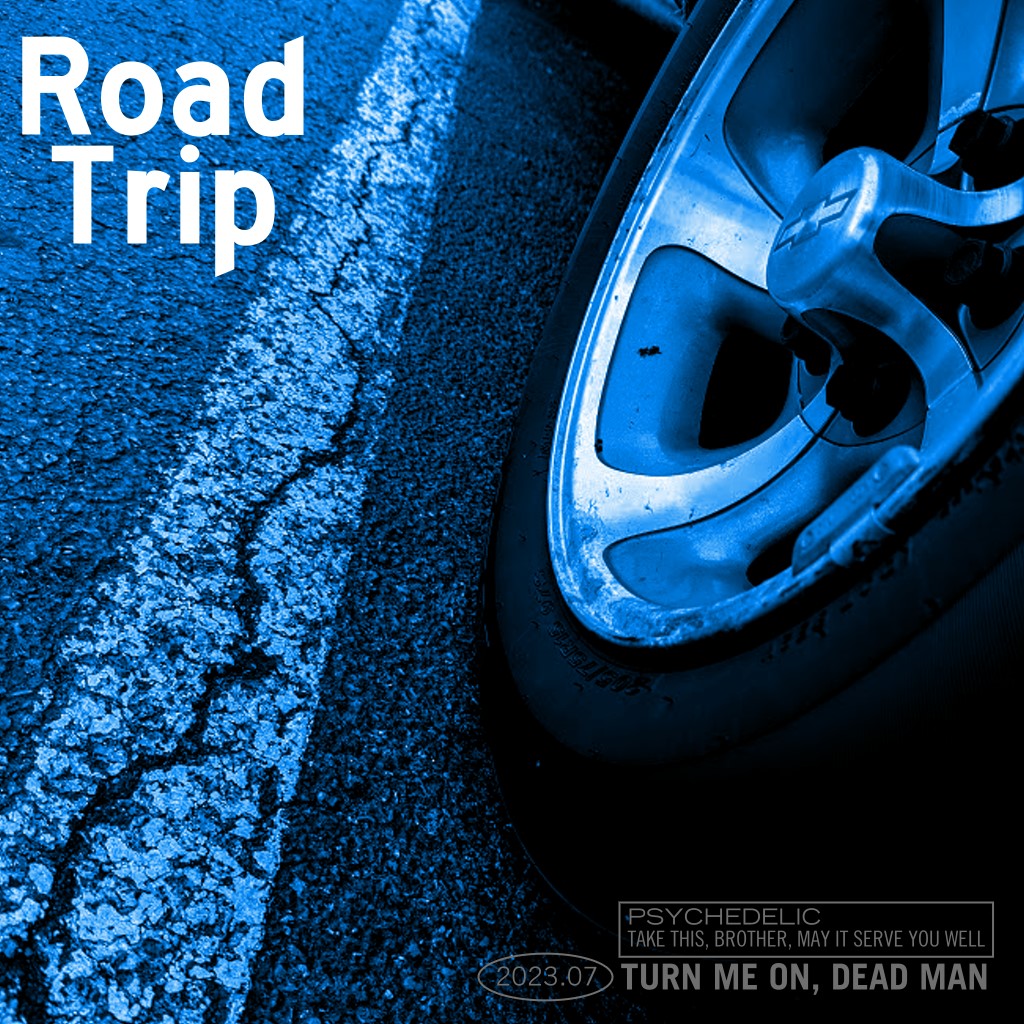
Last week I drove from Dayton, Ohio, to Washington, DC, in my new (to me, anyway) 1998 Chevy S10 pickup. Over several
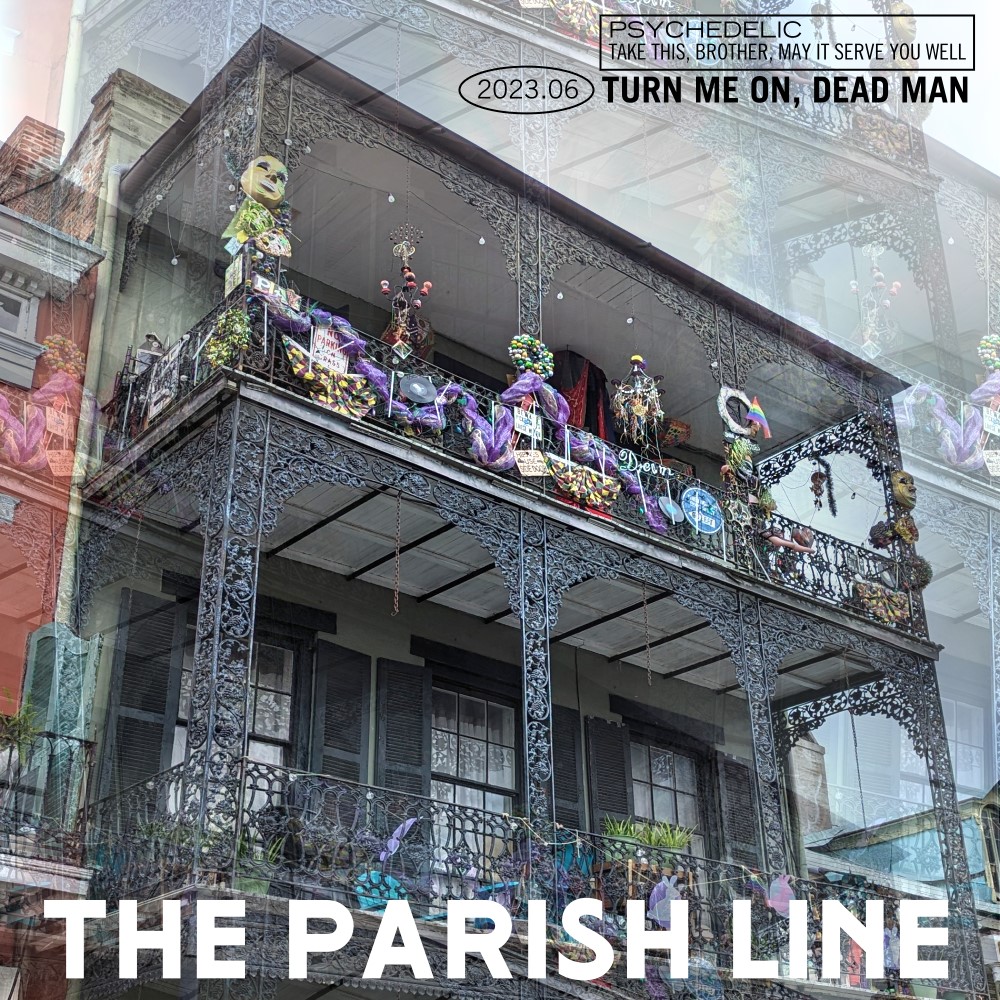
A recent trip to New Orleans got me to watch Easy Rider again. One of the defining films of the 1960s, Easy

This episode is as much about going down internet rabbit holes as anything. Train derailments seem to be happening all around us

I recently took a trip to Minneapolis–nothing quite like the refreshing weather of Minneapolis in February! Luckily we beat the blizzard by
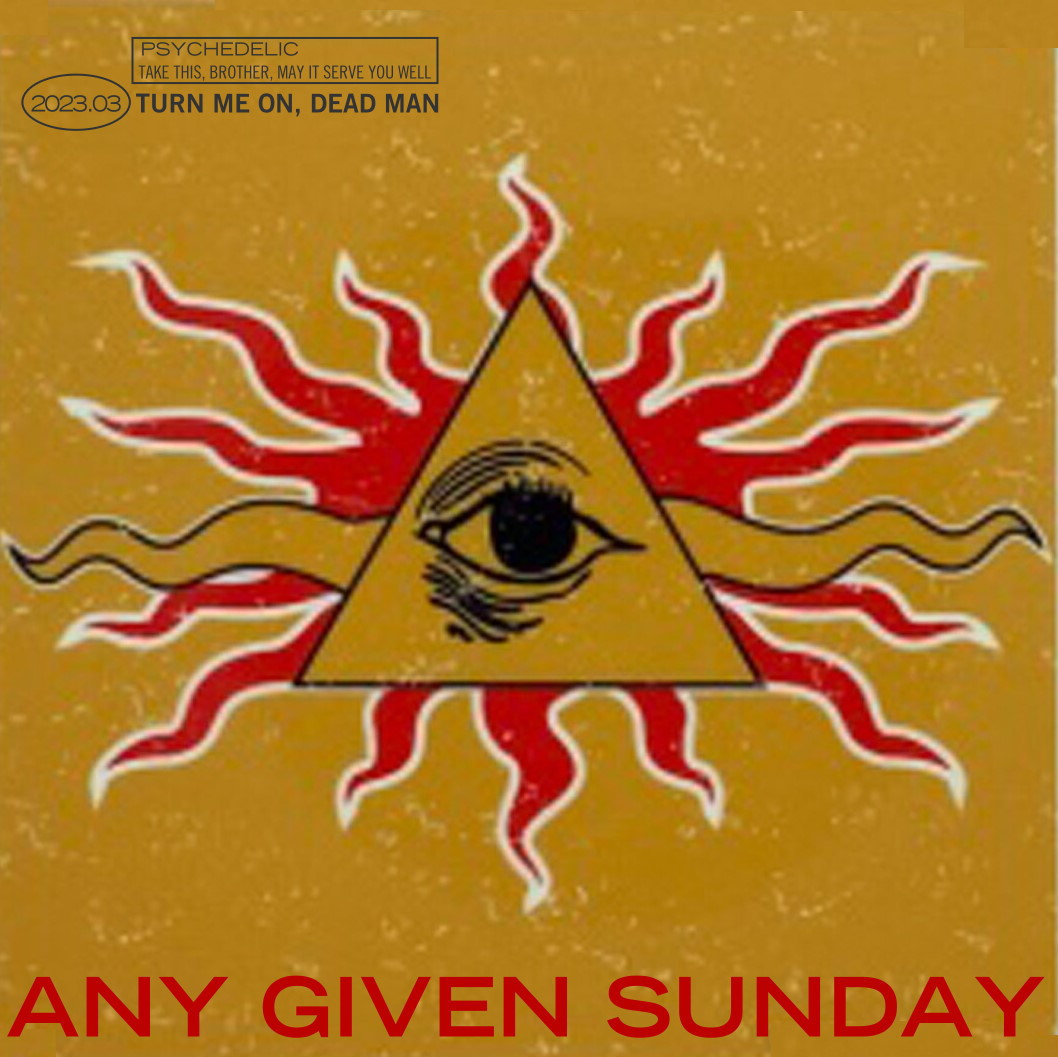
Another Super Bowl Sunday has come and gone, and it’s strange to think how much this institution has changed over time. The
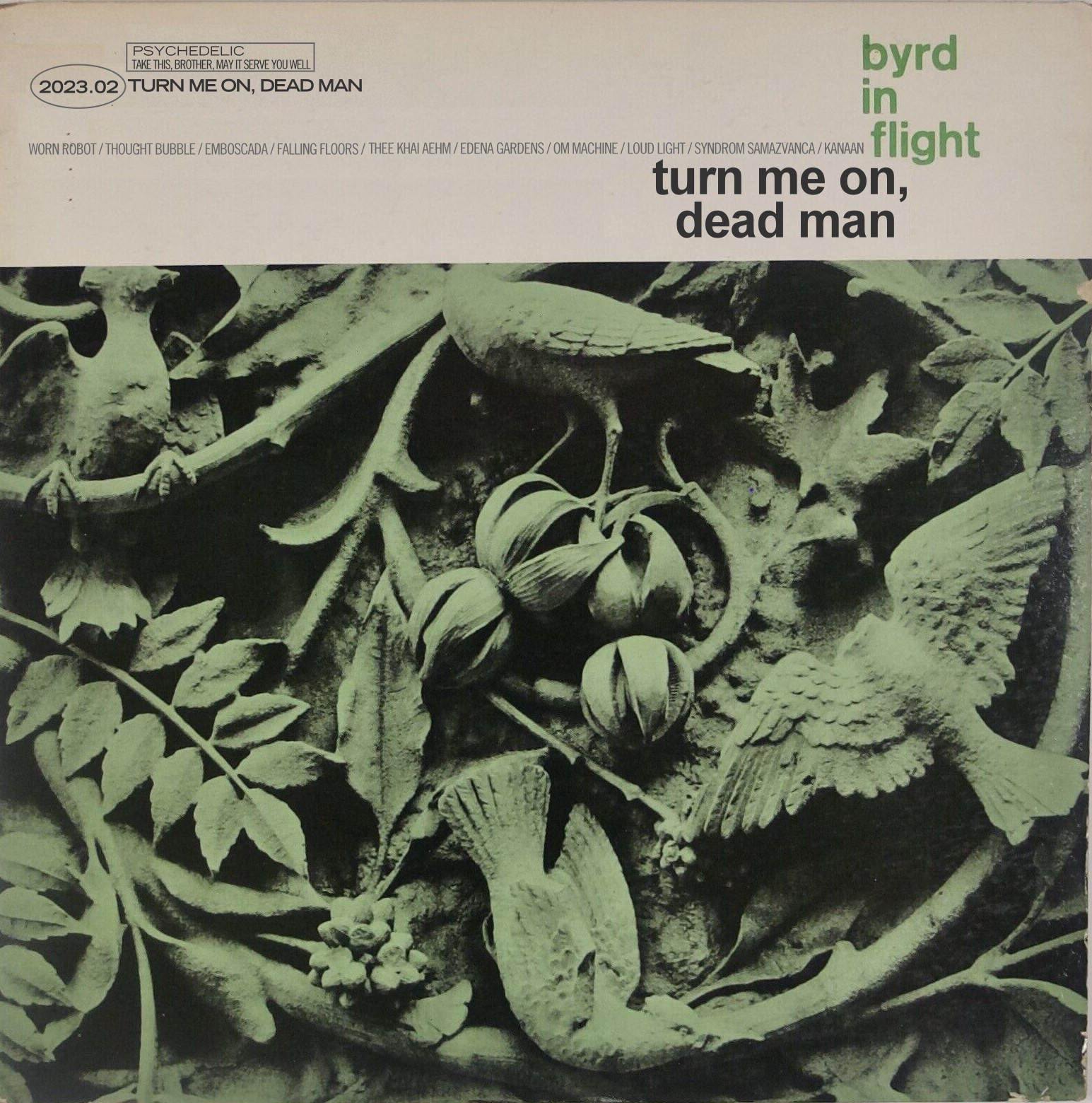
This episode is a tribute of sorts to David Crosby, who died earlier this month at the age of 81. The tracks